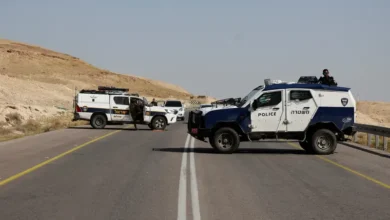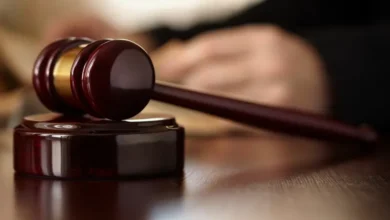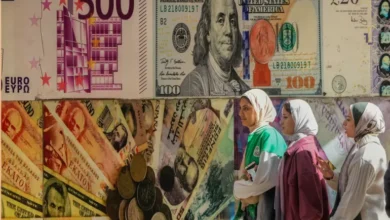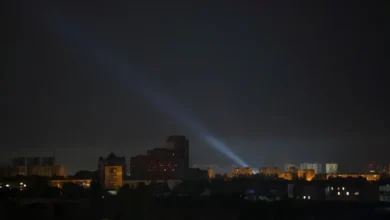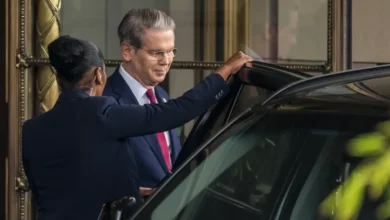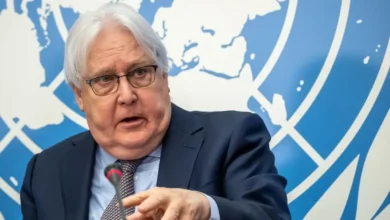UN rights council denounces rising number of executions in Iran
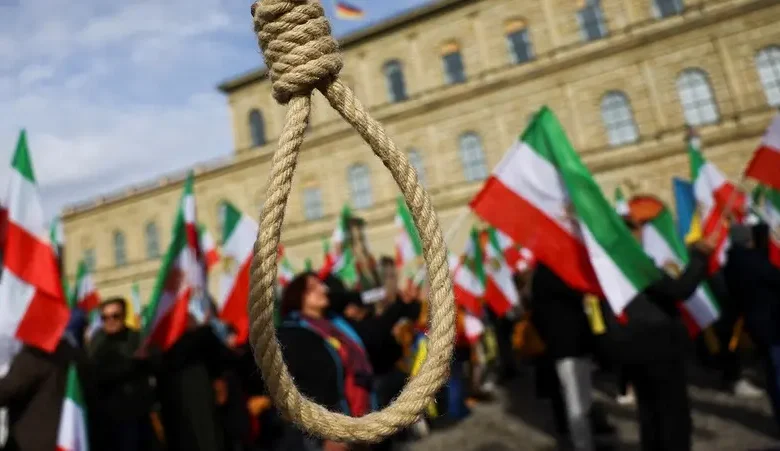
The UN Human Rights Council denounced Tuesday the rising numbers of executions in Iran, including of people who received the capital punishment in connection with protests that have rocked the country.
The top United Nations rights body approved a resolution voicing “deep concern at the reported surge in the number of executions, including of individuals sentenced to death in relation to their alleged involvement in the recent protests.”
The resolution, which also extended the mandate of the UN special rapporteur on the rights situation in Iran for another year, passed with 23 of the council’s 47 members voting in favor.
Another 16 abstained, and eight opposed the text, including China, Cuba, Pakistan and Vietnam.
Iran’s ambassador Ali Bahreini took the floor to slam the resolution as a “weaponization of human rights as a foreign policy tool.”
The resolution echoed strong international condemnation over the country’s crackdown on the protest movement that erupted last September.
Iran has executed four people over the protests, sparked by the September 16 death of Mahsa Amini, a 22-year-old Iranian Kurd who had been arrested for allegedly violating the strict dress rule for women.
Rights groups have warned that executions on all kinds of charges are on the rise, arguing this seeks to intimidate society into not protesting.
According to the Norway-based Iran Human Rights (IHR) organization, at least 144 people have been executed this year.
Tuesday’s resolution called on Tehran to “take all necessary legislative, administrative and other measures” to ensure no one is executed for “offences that do not meet the threshold of the most serious crimes.”
Iran must also ensure no executions are carried out “for alleged offences committed before the age of 18 years” and that sentences are only handed down by “courts that are competent, independent and impartial,” it said.
Beyond executions, the council deplored “systematic discrimination and violence based on gender, ethnicity, religion or belief or political opinion” in Iran.
It urged authorities to guarantee and uphold the right to freedom of expression and opinion and to address “systematic impunity.”
The resolution also extended the mandate of special rapporteur Javaid Rehman, who in a report presented to the council last month warned Iran had committed serious violations since Amini’s death.
Some of the most serious abuses, including widespread murder, imprisonment, torture and sexual violence, could amount to crimes against humanity, he warned.

